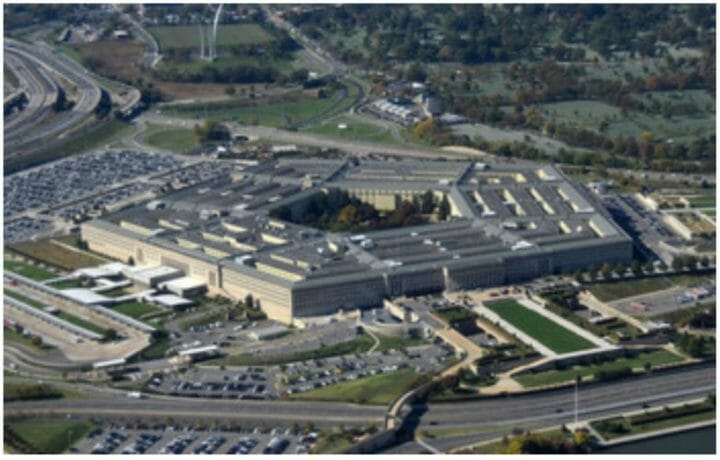Each year approximately 200,000 servicemembers leave the military. Because of that, it creates the largest number of displaced workers of any industry year after year. On top of that, 2020 was an especially challenging year for those getting out because of the pandemic. But in this year where businesses closed, people lost jobs and unemployment was abnormally high, veterans and their families fared better than their non-veteran counterparts.
At the height of the coronavirus pandemic, veteran unemployment peaked at 11.8% in April; however, non-veteran unemployment peaked 3% higher at 14.8%. As businesses began to add back jobs by October, this rate had come down to 5.9% and 6.8% – veterans and non-veterans, respectively.
The Unemployment Difference
As late as last month, 47% of veterans were looking for work verses 60% of non-veterans. These figures are in line with the historic trend that veterans do not participate in the civilian workforce at the same rate as non-veterans. Why this difference?
Mainly because veterans typically do not work in the areas largely affected by the pandemic this year: leisure, hospitality, and retail. Veterans are more likely to work in government jobs at all levels – local, state and federal. And having the ability to telework could have also accounted for the difference.
Remote Work Opportunity
Because veterans tend to work in jobs where the opportunity to work remotely is greater, people working in the three noted industries normally did not have that work-from-home option. When they lost their jobs, because of a state-directed shutdown or the business could no longer financially survive, those employees were just out a job. But when many of the businesses that employed veterans had to shut down the physical side of their business, many employees were able to switch gears and do their same job digitally from home, thus not losing their jobs.
Delayed Exit
Another reason that affected the unemployment rate was servicemembers slated to get out in March through July this year were allowed to delay their exit anywhere from three months to as much as a year in some cases. This preserved their current employment with Uncle Sam and kept them off of the unemployment rolls.
Unique Skillset
Veterans also have a unique skillset that most non-veterans do not have – especially recent graduates from college. The skillset that I’m talking about is of a non-technical nature – termed “soft skills” that employers seek when hiring new employees. Things like leadership, team building, organization, management, accountability, and many others. These are non-industry specific and translate well across the board; recent college graduates may have the “book learning” in these areas, but most do not have any practical experience at applying these skills. Veterans on the other hand, have not only the training, but also the experience to go with it – of which some of that experience was acquired under arduous and hostile conditions.
Given all they have learned, both in a military classroom and out, veterans are uniquely suited to accomplish the mission whether that is on a battlefield or securing employment in the civilian workplace. While there is hope 2021 will be better in many aspects than 2020, veterans will continue to do what they have always done in the employment arena – use their military-learned resiliency and accomplish the mission … regardless of conditions.




